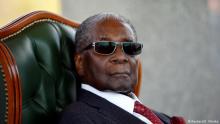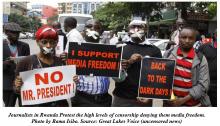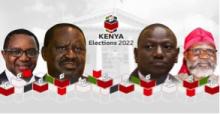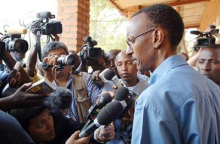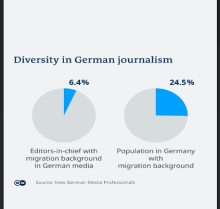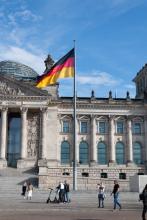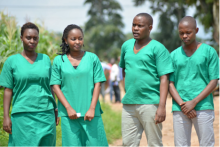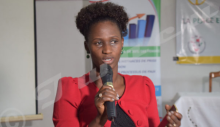Threats against journalists surfaced in the Kenyan presidential elections of 2022 despite strides the media had made to cover them in an objective, balanced and fair manner.
The electoral process was associated with various threats to press freedom. The presidential candidates included David Mwaure Waihiga of Agano Party, Prof. George Wajackoyah of the Roots Party, Raila Odinga of the Azimio coalition, and the eventual winner, William Ruto, of the United Democratic Alliance (UDA).
According to Human Rights Watch, threats by the ruling party or government officials, and fear of prosecution, have created an environment that can only be described as hostile to free speech and demanding self-censorship in Rwanda.
During the 1994 Rwandan genocide, some of the media betrayed its people. Radio-Television Libre des Mille Collines and the Kangura magazine both sponsored or run by hard-line Hutu party officials were at the forefront of hate media. Later, Rwanda’s media took to peace reporting in order to help the people unite and heal from the 1994 genocide effects. However, this seems to have had negative consequences for press freedom and freedom of expression as well as holding public officials accountable.
Germany has registered an increase in the inclusiveness of minority groups such as People with Disabilities (PWDs) and the Moslem community. This growth is as a result of a 2016 survey carried out by Media Pluralism Monitor (MPM) that found that almost 88% of minority groups were not guaranteed access to airtime and there was no policy safeguard for such communities, except indigenous inhabitant minorities like the Sorbs, Danes and Romani people.
Journalists in Germany are under threat by the Network and Enforcement Act that limits free social media expression.
In Germany, Freedom of the press and expression is guaranteed and protected by the constitution. Article 5 of the Basic Law, states that “Every person shall have the right freely to express and disseminate his opinions in speech, writing, and pictures, and to inform himself without hindrance from generally accessible sources. There shall be no censorship.”
The digital surveillance in Germany has had a conceivably long-term impact on the media industry.
Journalists in Burundi are still faced with violence meted upon them by the state despite the change of government in 2020. Over the years, freedom of expression and the media has been restricted even to those who ought to practice it for the benefit of the people of Burundi. Burundi has faced a number of political challenges since it attained its independence in 1962.

